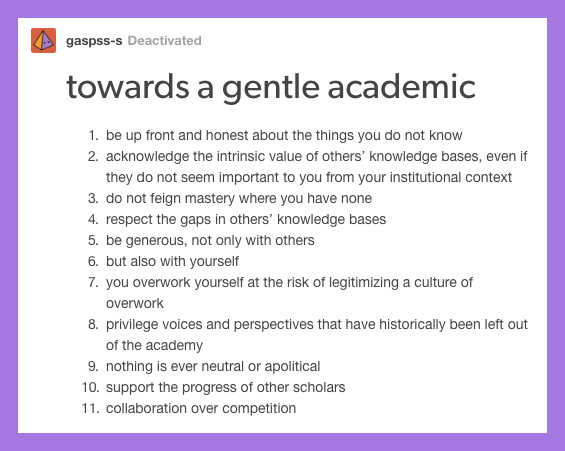Computer History and Ethics
fall 2023
Prof. Pamela Mack, pammack@clemson.edu, Hardin 006, office hours MWF 8-10, Thurs. 3-4, cell phone 864-710-3203 (texts preferred)
Class meets Thurs. 4 to 6:30 in Hardin 024
Course Description: This course explores the history of computing and recent ethical issues raised by information technology, with particular attention to ethics of data for digital historians.

- assess important themes in the history of
computing
- analyze the historiography of the history of
computing
- appraise how digital tools have been used for harm, including issues of race and gender
- evaluate the appropriate role of
stakeholders
- assess ethical issues in the handling of
data and information and write a sample ethics statement
for a grant proposal
Course Requirements:
- attendance and class participation 10%
- presentations 10%
- reading reflections 20%
- historiographical essay 30%
- Data Ethics Management Statement 30%
Attendance and Class Participation: Come to class
prepared to discuss the readings. Participation points are
determined by your contribution to the discussion. Doing
careful readings of the texts, raising questions about what
you’ve read, and contributing thoughtfully to class
discussion will ensure success. Please
email me if you have to miss class; in advance if possible;
missing more than one class may affect your grade. I will
not regularly record classes on Zoom, but I can if someone
is sick, see University
health advice and services.
If I don't arrive within 15 minutes of the start time of the
class please check my office before you leave.
Reading Reflections will be done before class
each week in Canvas in Thomas format. Instructions for
Thomas format are in a file in Canvas.
Academic Integrity: As members of the Clemson University community, we have inherited Thomas Green Clemson's vision of this institution as a "high seminary of learning." Fundamental to this vision is a mutual commitment to truthfulness, honor, and responsibility, without which we cannot earn the trust and respect of others. Furthermore, we recognize that academic dishonesty detracts from the value of a Clemson degree. Therefore, we shall not tolerate lying, cheating, or stealing in any form.
This includes representing someone else's work as your own or handing in the same paper to two different courses without permission of the instructors. Be careful to avoid plagiarism--text you take from a web site, from a book, or written by a large language model (such as Chat GPT) must be either quoted with the source given or restated almost entirely in your own words, with the source given. Note that the catalog defines as one form of academic dishonesty: "Plagiarism, which includes the intentional or unintentional copying of language, structure, or ideas of another and attributing the work to one’s own efforts." Note the word unintentional--if you forget to put quote marks or a reference you can be found guilty of academic dishonesty even if it was not your intention to cheat.
It is cheating to cut and paste or otherwise copy
portions of a argument paper, exam, or discussion board
posting from a book, web site, or from a large language
model, even if you change a few words, unless you quote and
give the source. It is poor writing for more than
about 20% of a paper to consist of quotes. In most cases
when you use specific material from any source you should
paraphrase: cite the source and put the ideas into you own words
(generally no more than 5 consecutive words should match the
source but if the words are mostly the same it could still
be plagiarism even if there aren't 5 consecutive words).
Required reading is below. All books are
available unlimited online from the library. In
addition to the required reading for all, each week one
student will make a presentation on a second book from the
expanded list, putting it in conversation with the
book assigned to all. Please sign up for a week of your
choice on that list.
Weekly Schedule (expanded list is here):
Aug. 31: Setting the stage: Ruha Benjamin, Race After Technology
Volume 52, 2022, https://doi.org/10.1080/03626784.2022.2052638

Topics in Digital History Syllabus
by Pamela
E. Mack is licensed under a Creative
Commons Attribution-NonCommercial 3.0 Unported License.